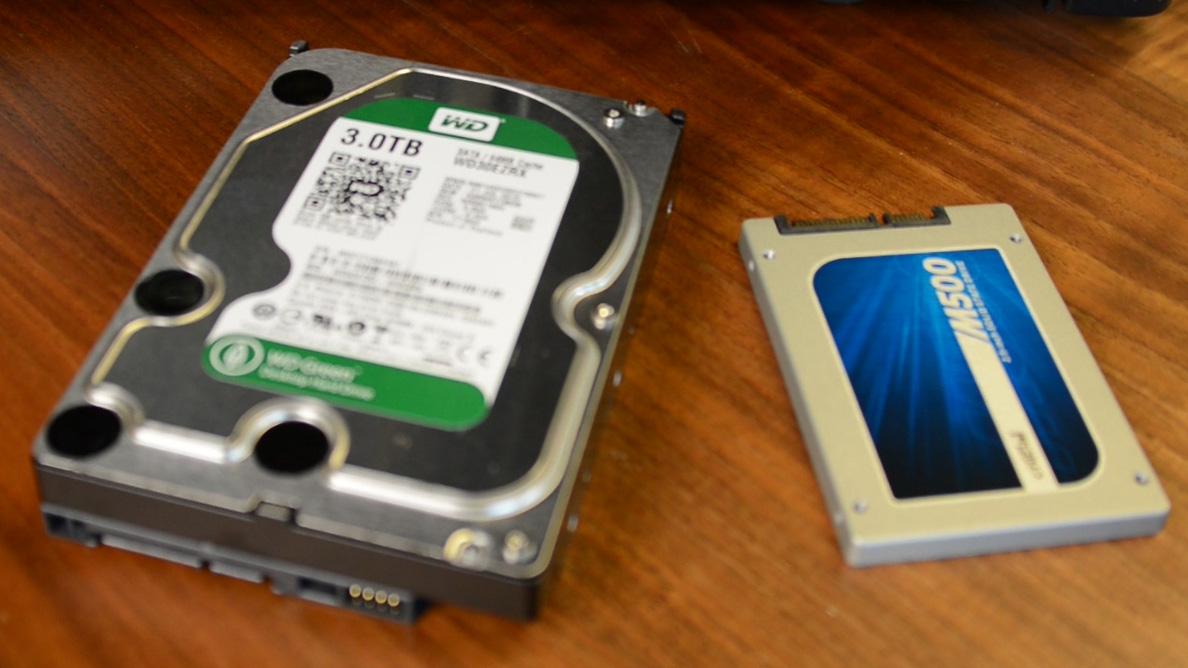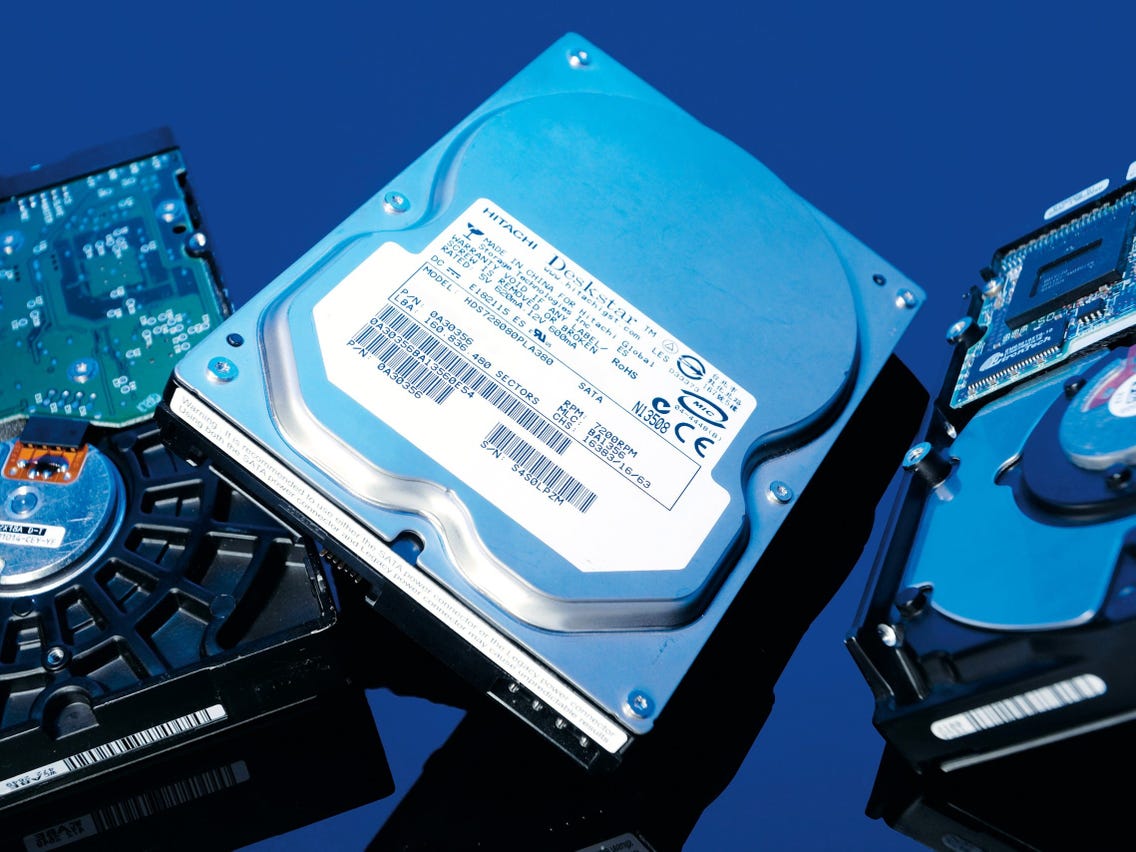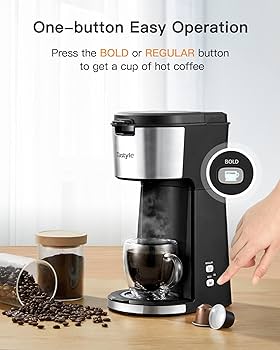Unraveling the Mystery of Laptop Hard Drives: A Comprehensive Look Inside
Introduction
If you've ever wondered 'what does a hard drive look like inside a laptop' and the role it plays in your device's functionality, this article is for you. It will offer a comprehensive journey inside the mysterious world of laptop hard drives, examining various components, the differences between types of drives, the hard drive's significance for the laptop's overall performance, and maintenance tips. Let's dive into the enigma of laptop hard drives.
What is a Laptop Hard Drive?
Known as the data centre of your laptop, a hard drive or HDD (Hard Disk Drive), is essentially a device built specifically for preserving and retrieving digital data. This primary storage solution found in a majority of laptops can be likened to the memory of a living being.
In a technical context, the hard drive writes all data onto magnetized surfaces of certain components known as platters. The beauty of this is that your data remains intact, regardless of whether your device may be on or off. Hence, the importance of a hard drive cannot be overemphasized as it is at the heart of your laptop's functionality.
Let's take a closer look at its key aspects:
- Digital Storage: Serves as the laptop’s main storage hub, writing and retaining information for the long term.
- Magnetized Surfaces: Utilizes magnetized surfaces of the built-in platters for data storage.
- Data Retention: Retains data even when the device is switched off, ensuring no unintended loss of data.
- Core Functionality: Significantly contributes to the overall performance of your laptop, underlining its foundational role in the device.
How Does a Laptop Hard Drive Appear? Internal Anatomy Explained
Unearth the intricacies of your laptop's hard drive with our detailed breakdown of its key components. Let's delve deeper into what lies within this vital piece of hardware.
Visualizing the Disk Platters in a Hard Drive
At the heart of your hard drive are the disk platters, resembling stacked CDs around a central spindle. They are responsible for storing your data in distinct circular paths known as 'tracks'. Picture this:
- Disk Platters: Think of CDs stacked on a single rod, all ready to rotate and record data.
The Function of the Spindle within a Hard Drive
The spindle, the axis around which our visualized CDs or platters rotate, plays an integral role within the hard drive. With a speed ranging typically from 5400 to 7200 revolutions per minute, it facilitates data writing and reading processes. Here's a closer look:
- Spindle: Like the center of a merry-go-round, the spindle spins the platters, deciding the speed at which data is written and read.
Deciphering the Purpose of the Logic Board
Consider the Logic Board as the hard drive's command center. This critical component directs the read-write heads, decodes the data, and interfaces with your laptop. To put it simply:
- Logic Board: It's the maestro conducting the entire hard drive orchestra – managing movement, decoding data, and communicating with your laptop.
In conclusion, the disk platters, spindle, and logic board all work in unison inside a hard drive, each performing its own crucial functions; storing, accessing, and decoding data respectively, collectively contributing to the hard drive’s overall performance.
Why are there Different Types of Laptop Hard Drives?
There exists more than just one form of laptop hard drives – primarily, we have HDDs (Hard Disk Drives) and SSDs (Solid State Drives). These two, while serving the same basic purpose of data storage, differ significantly in several aspects:
HDD vs. SSD - How Do They Contrast?
The primary differences between an HDD and an SSD can be noted as follows:
- Construction: Traditional HDDs store data on metal platters with a magnetic coating, which spin around to read/write data. On the other hand, SSDs have no mechanical parts and store data on interconnected flash-memory chips.
- Performance: An SSD operates silently and can be significantly faster when it comes to data transfer speed, providing a noticeable boost to your laptop's performance.
- Durability: As SSDs have no moving parts, they are more resistant to physical jolts.
- Price: HDDs are generally less expensive than SSDs and offer more storage space per dollar.
HDD or SSD – Which Is Your Best Bet?
The selection between HDD and SSD is a matter of matching the hard drive's characteristics to your requirements:
- If speed, silent operation, and data security are top priorities for you and you are willing to spend a bit more, an SSD would be a great fit.
- However, if you're looking for affordability and higher storage capacity, it would be wise to opt for an HDD.
Remember, the choice of hard drive can significantly impact your laptop's overall performance, so it's essential to choose wisely based on your specific needs and usage.

How Crucial is the Hard Drive to Your Laptop’s Overall Performance?
Undeniably, the hard drive's role extends far beyond simple data storage; it is an indispensable cog in the machinery of your laptop's performance. Here's why:
- Data Accessibility: The robustness and swiftness of a hard drive govern how quickly your laptop can retrieve stored files, impacting user experience significantly. A sluggish hard drive can result in extended loading times, while a high-speed one can offer an extremely smooth operation.
- Program Operation: The hard drive's performance directly influences the speed at which your computer programs run. For instance, an SSD can notably enhance your laptop's response times compared to a standard HDD.
- Potential Risks: The hard drive’s health is crucial for laptop longevity. Any malfunction can result in both loss of valuable data and overall system failure, underlining the importance of routine maintenance and care.
Statistics underline the impact of upgrading to an SSD from an HDD: benchmarks show that boot times can be up to 300% faster, and copying files can be accelerated by as much as 40%, thus making SSD a potentially worthwhile investment for those seeking superior performance.
Hard drives are not just silent bystanders but active participants contributing to your laptop's overall effectiveness. Recognizing their roles can help optimize your laptop's performance and increase its lifespan.
How Can You Maintain Your Laptop’s Hard Drive for Efficiency and Longevity?
Maintaining your laptop's hard drive is not just about extending its lifespan; it's also about enhancing your laptop's performance. Here are some useful tips to help you keep your hard drive in excellent condition:
1. Regular Data Backup: One of the golden rules of hard drive management is to backup your data routinely. This precaution ensures you don't lose precious data in case of a hard drive malfunction.
2. Protect Your Laptop from Physical Damage: Hard drives are sensitive to shock and vibration. It's crucial to handle your laptop carefully to avoid sudden drops or knocks that could damage the hard drive.
3. Keep Your Laptop Cool: Overheating is a common cause of hard drive failure. Use laptop coolers or ensure an adequate ventilation space to prevent your computer from getting too hot.

4. Regular Defragmentation (Only for HDDs): Over time, files on your hard drive can become fragmented, slowing down data access. Regular defragmentation reorganizes these files for improved drive performance. However, SSDs should not be defragmented due to their different operational mechanism.
5. Keep Your Hard Drive Clean: Unnecessary files can clog your hard drive and slow down your laptop. Regularly perform disk clean-up operations to free up space and enhance drive performance.
By adhering to these essential practices, you can ensure optimal hard drive efficiency and longevity. Regular maintenance is key, as preventive care is always easier and more cost-effective than a comprehensive fix or replacement.
Conclusion
Understanding the functionality, type, and care of laptop hard drives can make a significant difference in your device’s performance. The key to longevity and efficiency is regular maintenance and being aware of your usage needs.
Related FAQs about what does a hard drive look like laptop
What can Seriously Damage a Laptop's Hard Drive?
Physical shocks and overheating are among the main causes of serious damage to a laptop's hard drive. Also, malware infections, power surges and abnormal shutdown can also lead to hard drive damage.
How Often Should I Replace My Laptop Hard Drive?
The lifespan of a laptop hard drive typically varies from 3-5 years. However, this may differ based on usage, maintenance, and care. It's recommended to replace it when it shows signs of malfunction.
Can You Upgrade a Laptop Hard Drive to an SSD?
Yes, you can upgrade a laptop hard drive to an SSD. It requires compatibility checking, cloning of the old hard drive data to the SSD, and swapping the drives.


